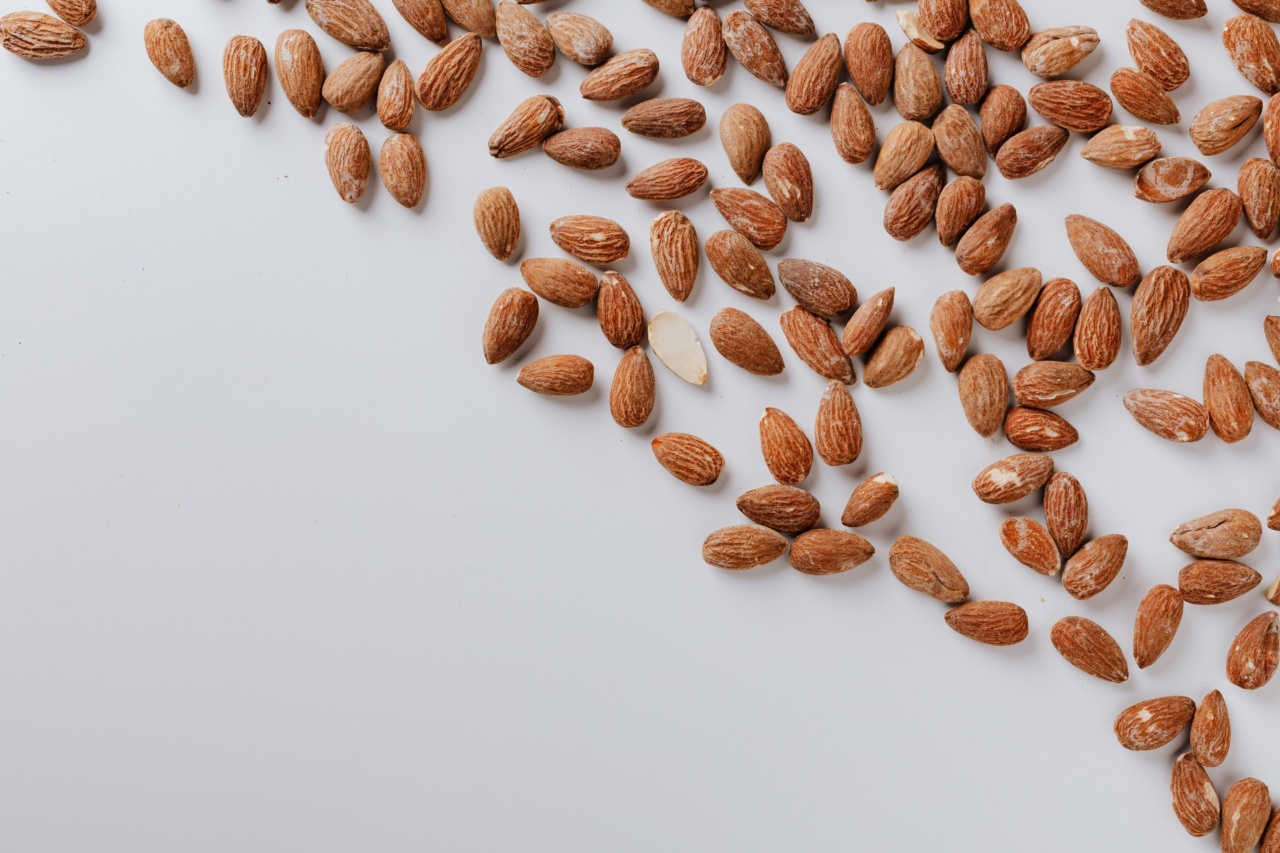Switching to a vegan diet can provide numerous health benefits, but one common concern is whether you can get enough protein from plant-based sources alone.
However, with some careful planning and knowledge about protein-rich foods, it is entirely possible to meet your protein needs on a vegan diet. In this article, we will explore how to ensure you are getting enough protein without consuming animal products.
Understanding Protein and Its Importance
Protein is an essential macronutrient that plays a crucial role in the growth, repair, and maintenance of tissues in our body. It is made up of several amino acids, commonly referred to as the building blocks of proteins.
Without adequate protein intake, our muscles, organs, and immune system could all be compromised.
Calculate Your Protein Needs
Before diving into vegan protein sources, it is important to determine your individual protein needs.
While the recommended daily intake for the average adult is around 0.8 grams of protein per kilogram of body weight, this may vary depending on age, gender, activity level, and specific health conditions. A registered dietitian can help you calculate your protein requirements accurately.
Protein-Rich Vegan Foods
Fortunately, there is a wide variety of protein-rich vegan foods available to choose from. Here are some excellent sources of plant-based protein:.
1. Legumes: Lentils, chickpeas, black beans, and other legumes are not only rich in protein but also high in fiber. They can be incorporated into soups, stews, salads, and even made into meatless burgers or tacos.
2. Tofu and Tempeh: Derived from soybeans, tofu and tempeh are versatile and packed with protein. They can be stir-fried, grilled, or used in sandwiches and stir-fries as meat substitutes.
3. Quinoa: Quinoa is a complete protein, meaning it contains all nine essential amino acids. This grain can be used as a base for salads, side dishes, or even in baking recipes.
4. Nuts and Seeds: Almonds, peanuts, chia seeds, flaxseeds, and hemp seeds are all protein-rich options. They can be added to smoothies, oatmeal, or consumed as snacks.
5. Seitan: Made from wheat gluten, seitan is a popular meat substitute in many vegan dishes. It is high in protein and can be used in stir-fries, sandwiches, or roasted as a protein-rich centerpiece.
6. Plant-Based Protein Powders: If you struggle to meet your protein needs through whole foods alone, plant-based protein powders can be a convenient option. Look for brands that use ingredients like pea, rice, or hemp protein.
Combining Proteins for Optimal Nutrition
While individual plant-based foods may not contain all the essential amino acids required by the body, you can optimize protein intake by combining them.
Pairing foods such as beans with rice, lentils with quinoa, or tofu with whole grains can ensure you receive a complete protein profile. Adding vegetables to your meals will further enhance their nutritional value.
Meal Planning and Tracking Protein Intake
Meal planning can significantly simplify the process of meeting your protein needs on a vegan diet. Take the time to plan balanced meals that include protein-rich foods and track your protein intake using online nutrition calculators or apps.
By doing so, you can ensure you are hitting your target and making any necessary adjustments along the way.
Other Considerations for a Healthy Vegan Diet
Getting enough protein is just one aspect of maintaining a healthy vegan diet. Consider the following factors to ensure all your nutritional needs are met:.
1. Vitamin B12: Vitamin B12 is primarily found in animal-based foods, so vegans should consider supplementation or consuming fortified foods like plant-based milks, breakfast cereals, or nutritional yeast.
2. Iron: Plant-based iron sources include dark leafy greens, lentils, fortified grain products, and tofu. To enhance absorption, consume iron-rich foods with vitamin C sources such as citrus fruits or bell peppers.
3. Omega-3 Fatty Acids: While fish is a common source of omega-3 fatty acids, vegans can obtain them from foods like flaxseeds, chia seeds, walnuts, and algae-based supplements.
Consult a Registered Dietitian
If you are unsure how to navigate your protein and nutritional needs on a vegan diet, consulting a registered dietitian can provide personalized guidance.
They can help you create a well-rounded meal plan that ensures you meet all your nutrient requirements.





























